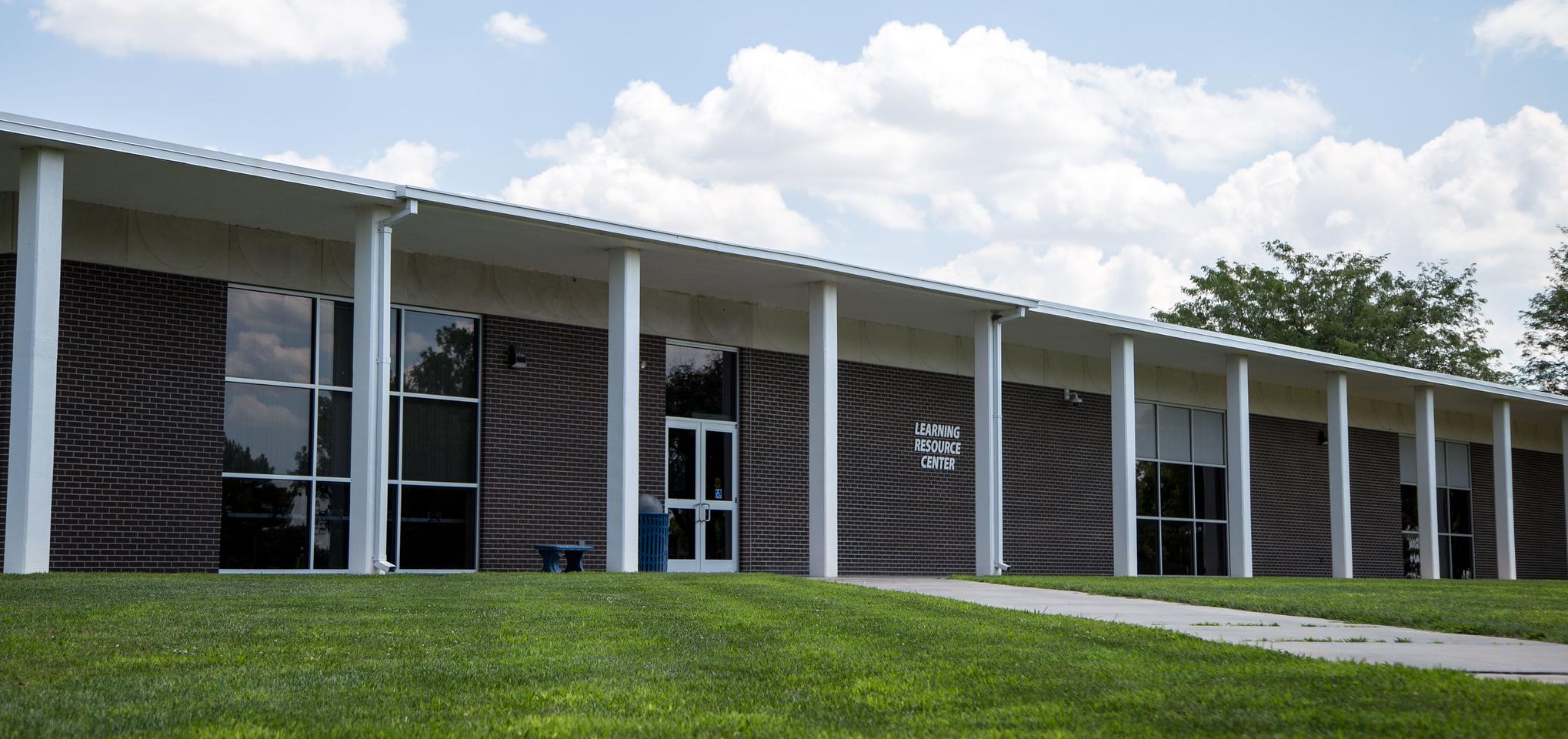
Services are available to students (on-campus or online) with physical, mental or learning disabilities in order to promote equal educational opportunities. Accommodations are modifications or adjustments that allow students with disabilities an equal opportunity to participate in and benefit from educational programs. Reasonable accommodations are provided on an individualized, as-needed basis. At the college level, students with disabilities must self-declare and provide recent and professional documentation regarding the disability, which should include how the disability affects the student’s academic performance, as well as suggested accommodations. The student must take the first step of self-advocacy by making sure they contact a disability advocate at (620) 786-1102 preferably prior to the start of classes, to allow adequate time for accommodations to be set in place.
 Students may contact disabilityservices@bartonccc.edu or Julie Peterson at (620) 786-1189 or petersonj@bartonccc.edu, or one of the following:
Students may contact disabilityservices@bartonccc.edu or Julie Peterson at (620) 786-1189 or petersonj@bartonccc.edu, or one of the following:
- Barton County Campus students can come to the north end of the Learning Resource Center, or call the Barton disability number, (620) 786-1102.
- Fort Riley Campus students can contact the Student Services Office in Building 211, Room 105, or call (785) 784-6606, or call Barton disability number,
(620) 786-1102. - Barton Online students can call (855) 509-3367 or call the Barton disability number
(620) 786-1102.
Accommodations
Accommodations are modifications or adjustments that allow students with disabilities an equal opportunity to participate in and benefit from educational programs.
There are many categories of accommodations. Appropriate accommodations are provided on an individual, case-by-case basis. Some common accommodations include:
- Adapting a dorm room or a classroom for a student who uses a wheelchair
- Extending timelines on tests
- Providing for the use of auxiliary aids such as sign language interpreters, tape recorders, note takers, scribes, readers, books in PDF format or eReaders.
Some accommodations can not be provided. These include personal devices or assistance with personal services. Additionally, schools are obligated to provide reasonable accommodations, without fundamentally altering the requirements of a class or program.
Other Resources
For more information, see the U.S. Department of Education Office for Civil Rights publication “Students with Disabilities Preparing for Postsecondary Education: Know Your Rights and Responsibilities”.
Please feel free to fill out our Provide Feedback form.